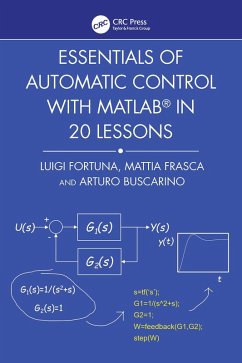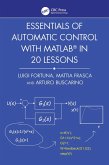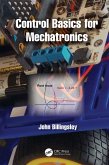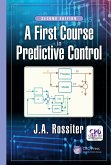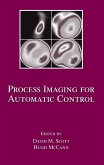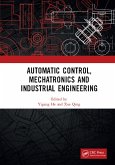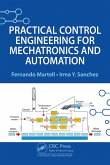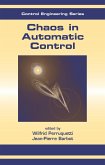- Integrates MATLAB® within a 20-lesson framework
- Enhances learning by supporting both theoretical understanding and practical problem-solving
- Promotes critical thinking and problem-solving skills, essential competencies in today's AI-driven world.
- Focuses on classical topics related to Single-Input Single-Output (SISO) linear continuous-time systems
- Provides introductory material on topics such as Multiple-Input Multiple-Output (MIMO) and discrete-time systems, serving as a bridge to more advanced studies.
By establishing a strong foundation in these areas, the book prepares readers to tackle complex challenges in modern automatic control and excel in future academic and professional endeavors. Primarily intended for undergraduate engineering students, the book is also suitable for a wider audience. As automatic control is a foundational subject across numerous academic programs, this resource equips readers with essential analytical tools and introduces key problems, fostering deeper insights into the subject.
Dieser Download kann aus rechtlichen Gründen nur mit Rechnungsadresse in A, B, BG, CY, CZ, D, DK, EW, E, FIN, F, GR, HR, H, IRL, I, LT, L, LR, M, NL, PL, P, R, S, SLO, SK ausgeliefert werden.

